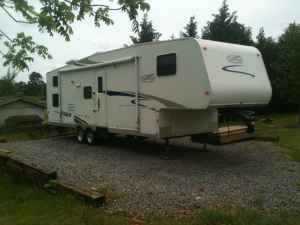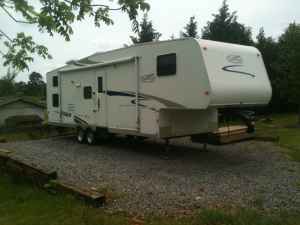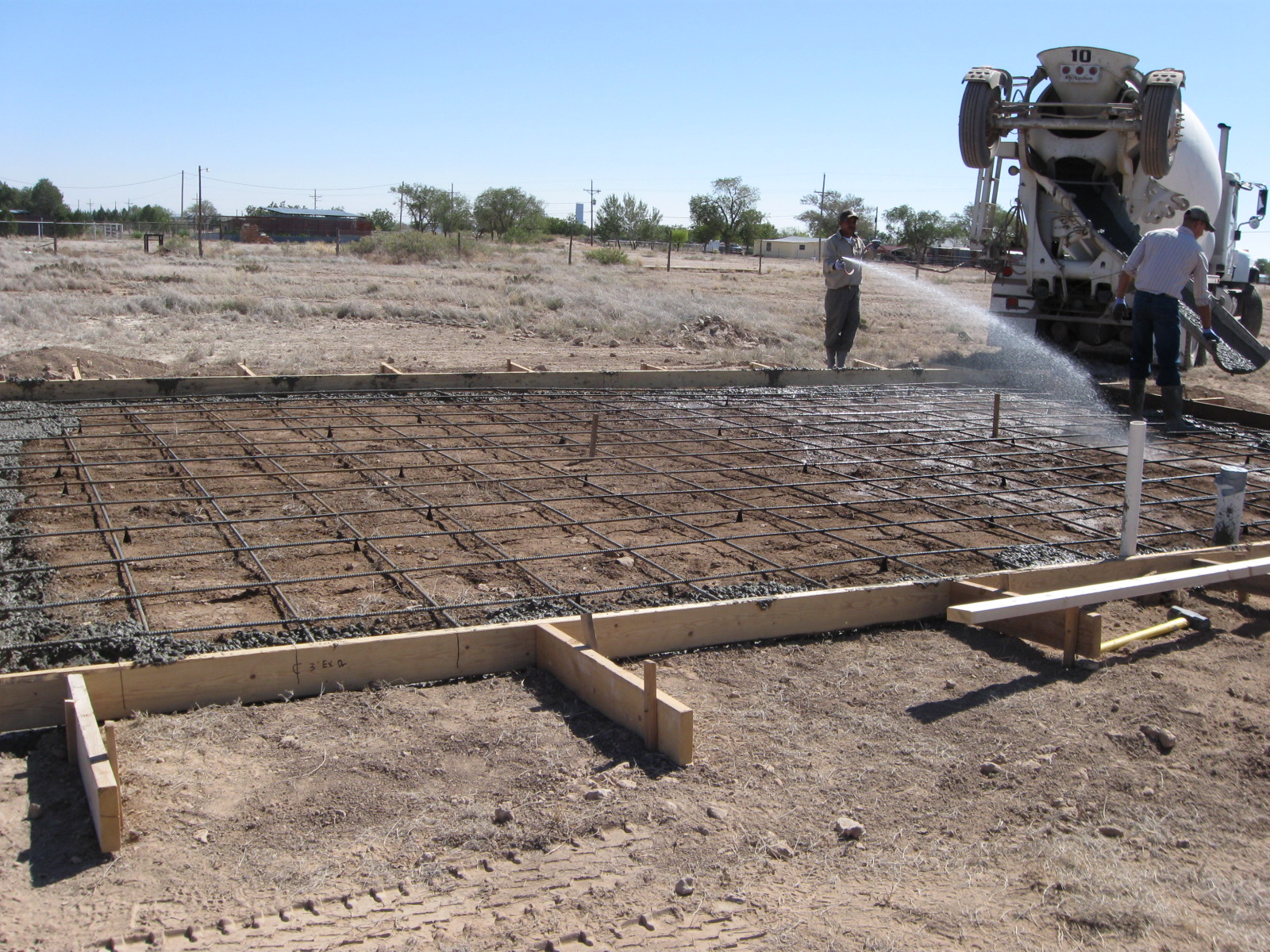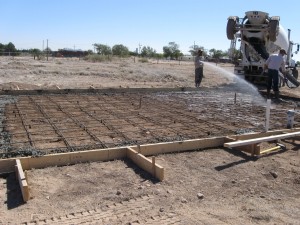
Why do it?
In 2005, when Katrina hit the Gulf coast, we had no idea initially just how long it would be until we could go home. Only a couple of days after Katrina passed through New Orleans, we could see that it would be awhile before things returned to normal. We had several motivations that made the purchase of an RV seem a logical choice:
1. We had two kids and a large dog and were completely sick of hotel living. At least at a campground, we would have plenty of outside space and room for the kids and dog to run.
2. With the huge number of evacuees in the area, short-term apartments were in short supply.
3. We had no idea how long we would be evacuated, so were reluctant to sign a long-term lease.
4. If we were able to return home, but had no power, water, or sewer service, a trailer seemed like a very self-contained solution to use while working on home repairs.
5. Since my husband had to remain in the city where the evacuated military aircraft (from the New Orleans area) were positioned, even if allowed back home, he would have to stay with the aircraft, so the idea of staying together as a family unit was more appealing.
6. The idea of family camping trips in the future sounded like fun.
As it happened, we ended up living a total of 4 1/2 months in that RV… We learned a great deal from it and look back on it as a happy time. Since we had a overall good experience that time, we decided it would be a good thing to consider again during our construction… with a few changes.
We lived on-base at a very safe campground during our evacuation. There was a central bath house and a coin-operated washer and dryer at the campground. The boys had many a pleasant evening with a campfire and marshmallows at the campground. We became quite adept at preparing meals in our little trailer and learned many of the tricks of RV living. The boys continued right on with school at the little dining table.
Two things would have made such a huge difference in the standard of living. Better bath facilities and our own washer and dryer. It doesn’t seem like those two things would be so crucial. After all, we did have in our trailer a lovely shower/bath/toilet combo and separate bathroom sink. The laundry facilities were only a short walk away. I think I am just a bit spoiled to whine, but there it is.
We looked at our options for the build of our own retirement home. We could have chosen to rent a small house in town or even accepted the kind offer my parents made for us to stay with them. In the end, we decided to modify the design of the workshop to accommodate our needs and make things a bit more comfortable so that we could live on-site.
At first, we thought of actually building a living quarters at one end of the workshop and keeping it as a guest quarters later on, but couldn’t really justify the added cost when we looked at how little we expected to actually need guest quarters after the home was finished. We came upon the idea to just put in a finished bathroom with shower, sink and toilet and equip the workshop with a washer/dryer hookup. With those two things and our 5th wheel RV, we’d have all the comforts of home.
Cost-wise, it works out very well. We figure the extra cost of adding a bathroom to be fairly minimal and a useful bonus to our lives after the construction was complete. It will allow us to eliminate the cost of a rental house and rented storage units during the build time and also to protect our materials by living there.
It will be another adventure (but even better… this time we’ll have better plumbing).



